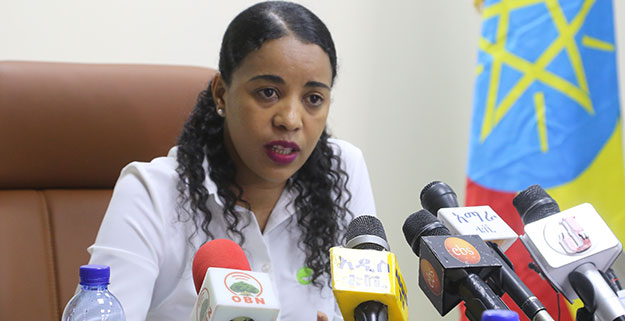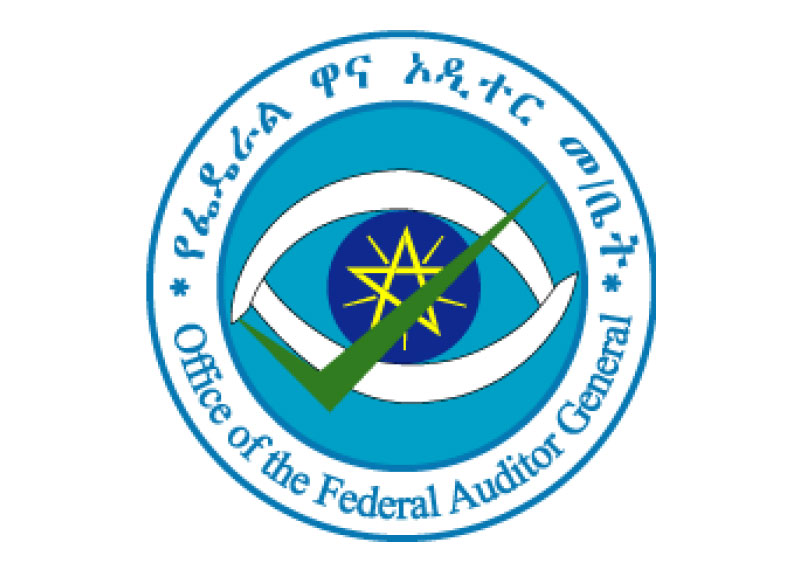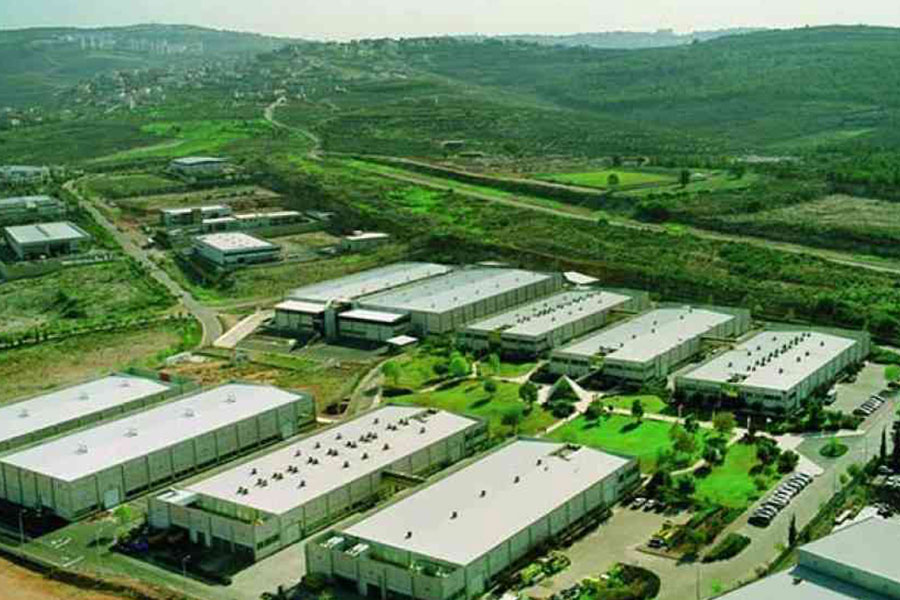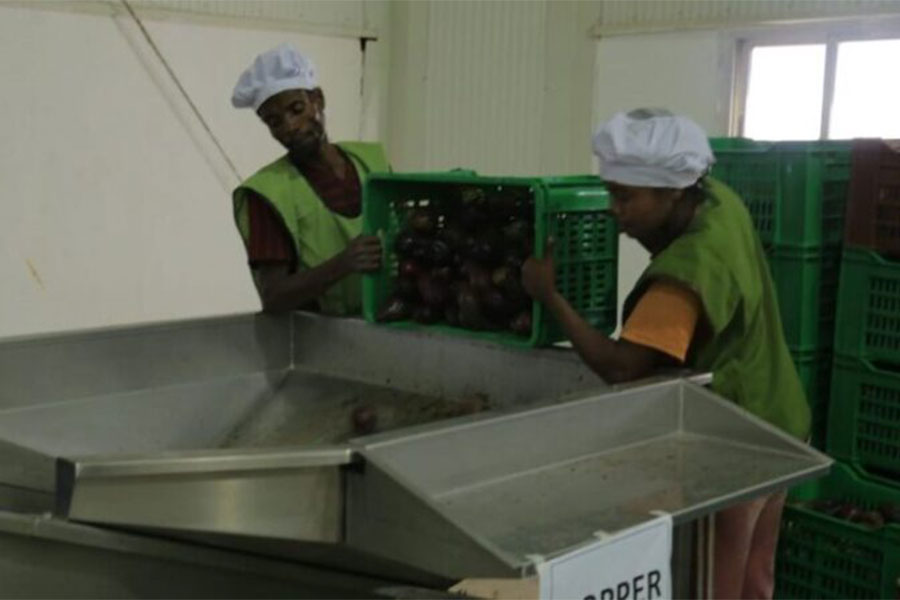
Fortune News | Jun 23,2019
Jun 15 , 2019
By Hintsa Andebrhan
A few weeks back, social media was awash with pictures of Tiffany Haddish draped in the Eritrean flag. The Eritrean-American comedian and actress had just been granted Eritrean citizenship in the land of her forefathers, thus becoming a dual citizen.
The comment sections below the pictures kicked up a storm of not quite civil back and forth on the topic. Some feel strongly that the famous comedian is lending her name to a repressive regime that is using her. They feel she should have used her fame to raise awareness of the human rights violations that are allegedly being committed in Eritrea. Others say she is right to own and celebrate her roots.
But on the other hand, I was actually thinking what an unlikely story this is considering how her life started and unfolded. As narrated in her book, a New York Times bestseller, The Last Black Unicorn, her father abandoned her when she was only three years old.
She openly shares her anger and frustration at being abandoned. She was understandably upset at her father for not being there for her when she needed him. However, instead of holding a grudge, she let him back into her successful life. In fact, he walked her to the altar when she first got married. That shows what a loving person the Los Angeles-born actress is.
Given this background, one would have thought that she would show little interest in her father’s birthplace. She had almost no connection to it growing up. It can hardly be said that her father cultivated a love of country in her. He could not have been the influence, as he was never there. Even though he must be the reason for her curiosity about the country.
That is why I believe that citizenship is not only just a matter of relationships, it is a matter of blood. Human beings are naturally curious about their roots. We all want to find out where we came from, where our ancestors came from. We have a need to belong. And that need is as thick as blood. That is why in some primary sense, citizenship is in our blood.
That curiosity took Tiffany Haddish all the way to Eritrea in January 2018 for her first trip to her father’s land. In fact, she went there to bury her father. She shares in her book what a deep, unforgettable and emotional experience that was for her.
That is when she connected with her relatives and her people. She says she fell in love with the country and apparently, the country also fell in love with her. The Eritrean government was quick to accept her into the fold. That acceptance has now been cemented in her being given official citizenship status.
Some people have expressed their reservation about this decision. They fear the Eritrean government is using her. I don’t agree with that.
Of course, as a big American star, her story attracts huge international media attention. That is to be expected. That attention may put the spotlight on Eritrea. However, in my opinion, this is not a political decision. This is more than anything else an emotional decision.
It is just a good daughter trying to honour the memory of her father by taking the citizenship of his country. As Tiffany herself told an interviewer from Eritrean television, her father may not have raised her, but he has given her Eritrean blood. She is just acknowledging that.
I believe there are two strands to citizenship. One is what Tiffany expressed in her interview, a matter of blood. But the other is a matter of relationships - where one is raised and acquires the values and culture of the country. That is the American side of her. The other strand of Tiffany’s dual citizenship.
That is why I believe it is time for Ethiopia to consider the issuance of dual citizenship. Because there are many Ethiopians living all over the world who, like Tiffany Haddish, have a connection with the country of their parents’ birth.
She spoke for all of them when she said, "I don’t want to have to ask permission to come and see my people. I want to come when I want to come to be with my people.”
PUBLISHED ON
Jun 15,2019 [ VOL
20 , NO
998]


Fortune News | Jun 23,2019

Radar | Jul 03,2021

Fortune News | Sep 18,2022

Editorial | Jan 28,2023

View From Arada | Mar 19,2022

Viewpoints | Dec 10,2018

Fortune News | Jul 23,2022

Advertorials | Aug 27,2024

Viewpoints | Oct 03,2020

Viewpoints | Oct 10,2020

My Opinion | 131970 Views | Aug 14,2021

My Opinion | 128359 Views | Aug 21,2021

My Opinion | 126297 Views | Sep 10,2021

My Opinion | 123913 Views | Aug 07,2021

Dec 22 , 2024 . By TIZITA SHEWAFERAW
Charged with transforming colossal state-owned enterprises into modern and competitiv...

Aug 18 , 2024 . By AKSAH ITALO
Although predictable Yonas Zerihun's job in the ride-hailing service is not immune to...

Jul 28 , 2024 . By TIZITA SHEWAFERAW
Unhabitual, perhaps too many, Samuel Gebreyohannes, 38, used to occasionally enjoy a couple of beers at breakfast. However, he recently swit...

Jul 13 , 2024 . By AKSAH ITALO
Investors who rely on tractors, trucks, and field vehicles for commuting, transporting commodities, and f...

Jul 5 , 2025
Six years ago, Ethiopia was the darling of international liberal commentators. A year...

Jun 28 , 2025
Meseret Damtie, the assertive auditor general, has never been shy about naming names...

Jun 21 , 2025
A well-worn adage says, “Budget is not destiny, but it is direction.” Examining t...

Jun 14 , 2025
Yet again, the Horn of Africa is bracing for trouble. A region already frayed by wars...

Jul 6 , 2025 . By BEZAWIT HULUAGER
The federal legislature gave Prime Minister Abiy Ahmed (PhD) what he wanted: a 1.9 tr...

Jul 6 , 2025 . By YITBAREK GETACHEW
In a city rising skyward at breakneck speed, a reckoning has arrived. Authorities in...

Jul 6 , 2025 . By NAHOM AYELE
A landmark directive from the Ministry of Finance signals a paradigm shift in the cou...

Jul 6 , 2025 . By NAHOM AYELE
Awash Bank has announced plans to establish a dedicated investment banking subsidiary...